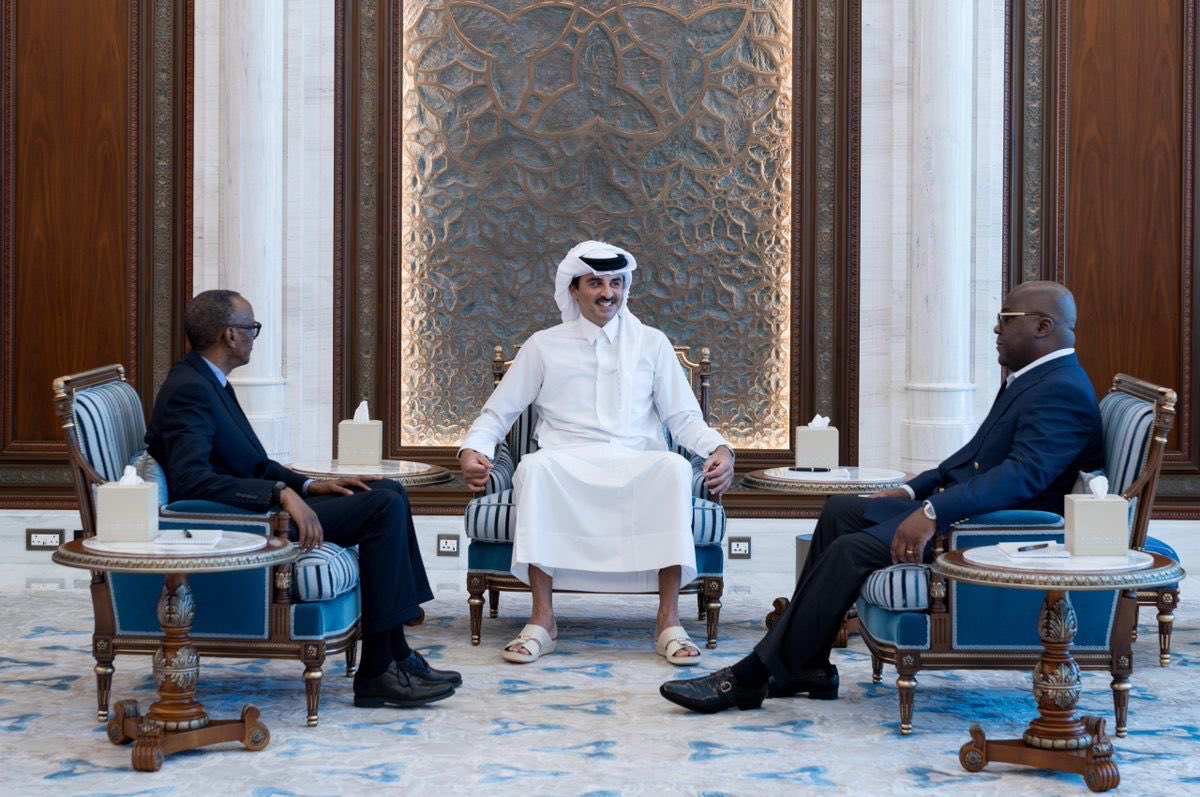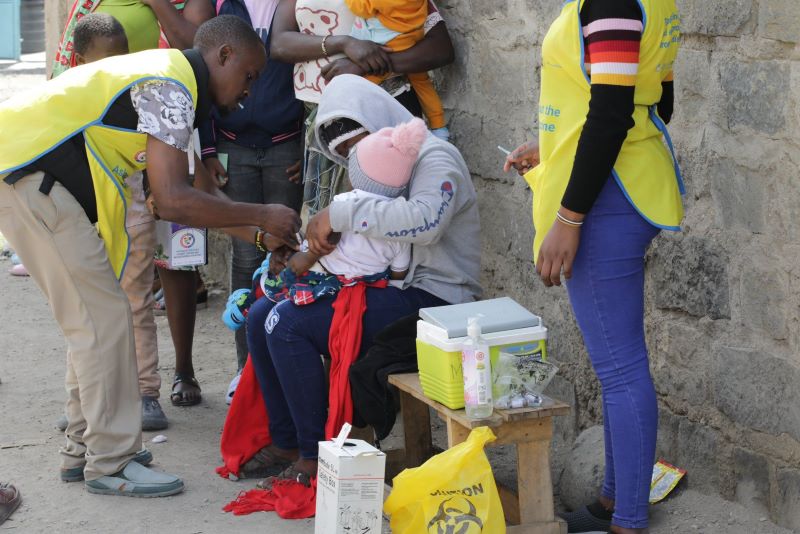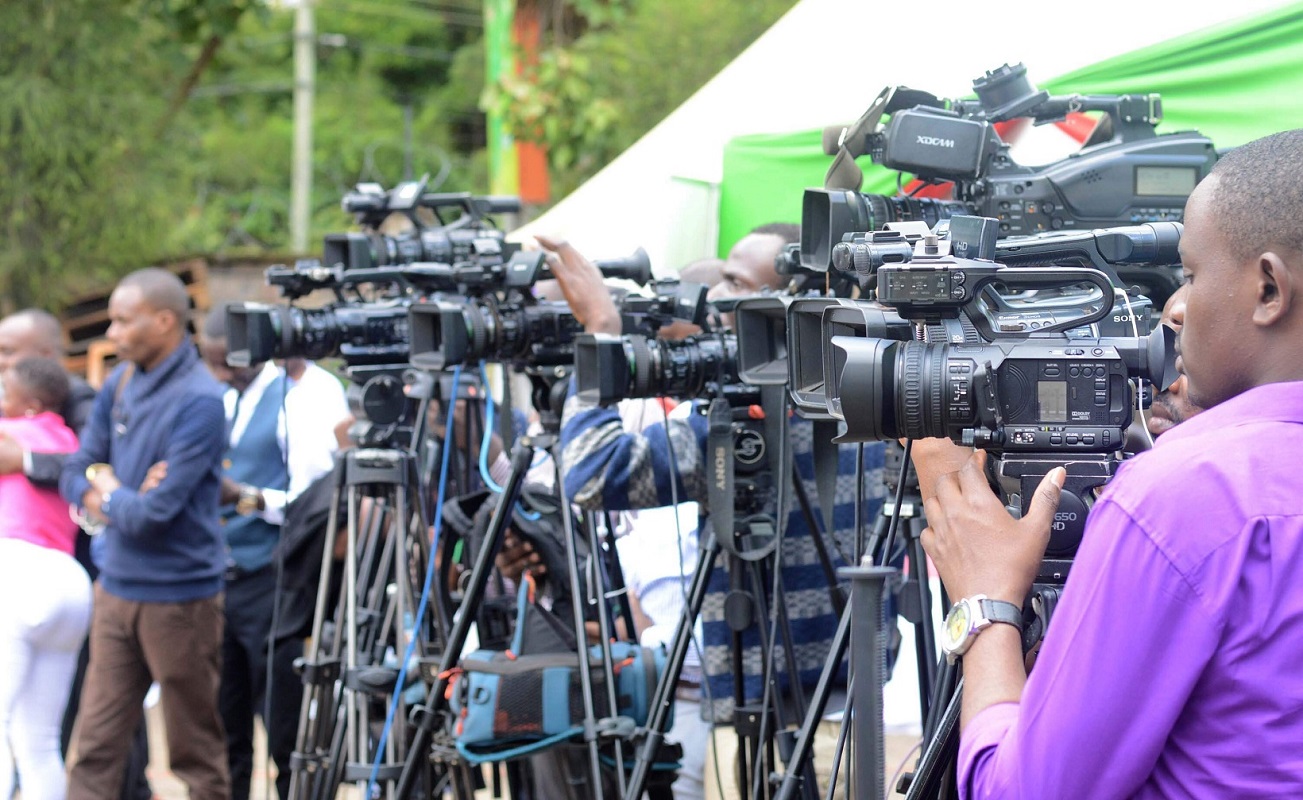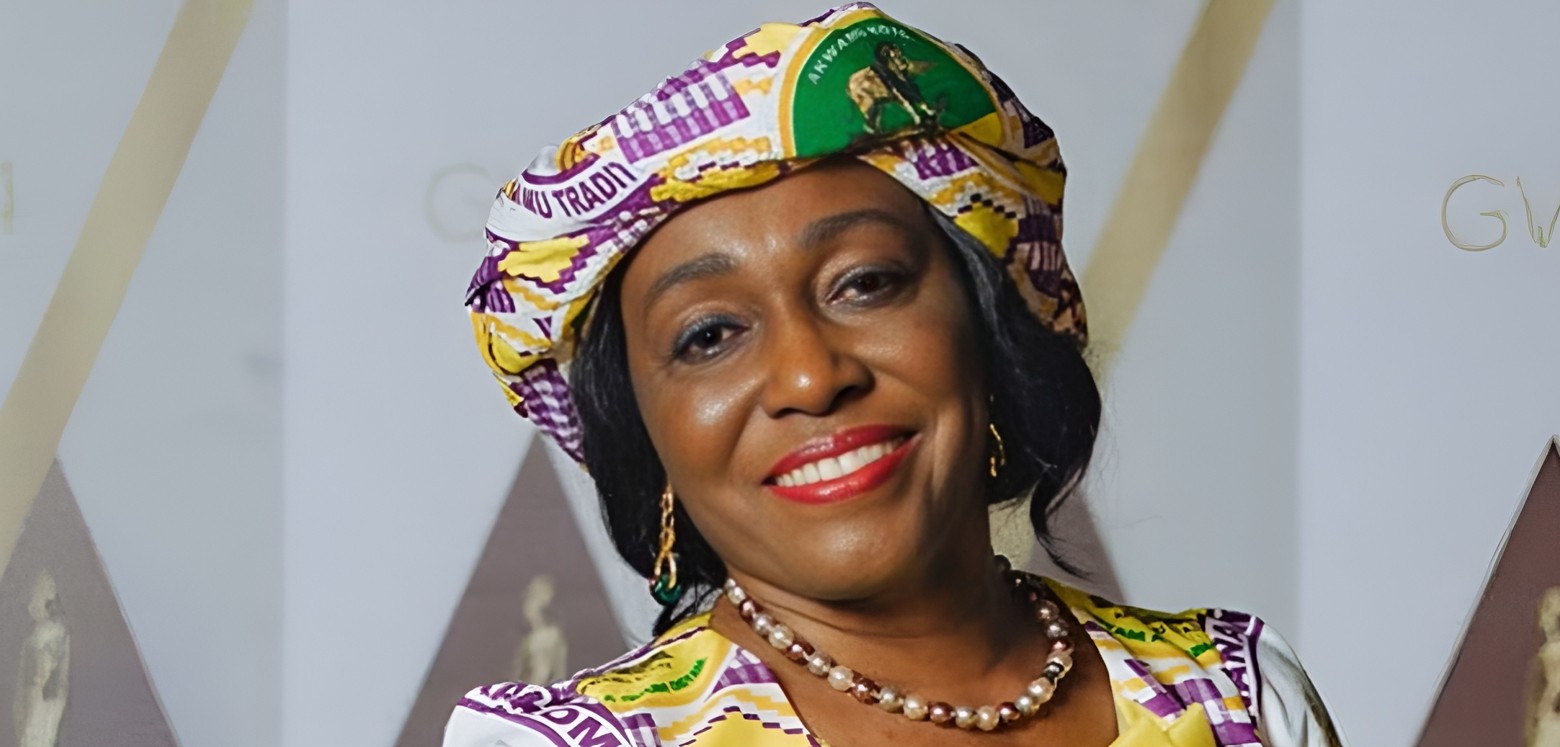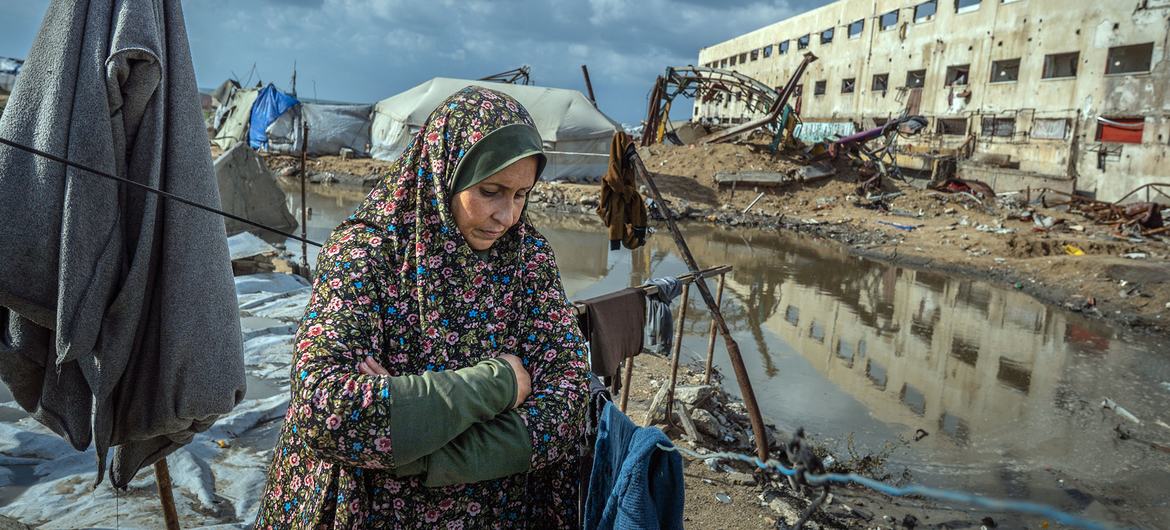Somalia poised to secure seat at UN Security Council after Africa backing
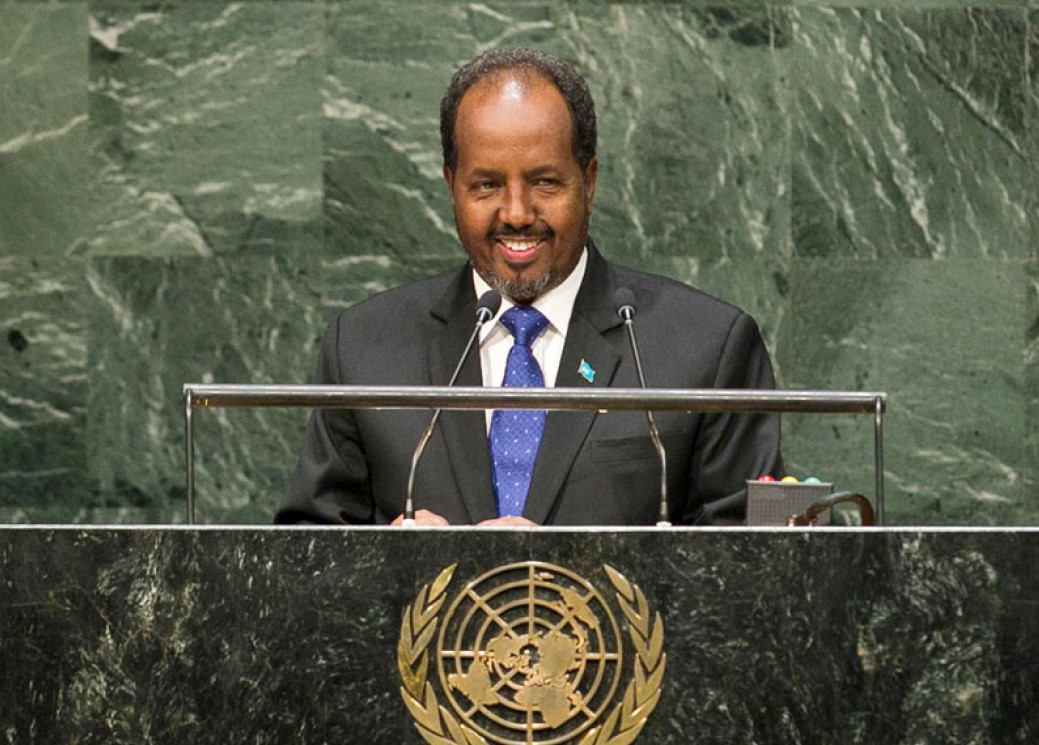
Africa has unanimously endorsed Somalia to represent the continent, replacing Mozambique, starting its term in January next year.
Somalia is poised to secure a seat on the UN Security Council through a secret ballot in the General Assembly on Thursday.
The vote aims to elect five non-permanent countries for two-year terms on the council, with regional groups typically selecting candidates.
More To Read
- UN Security Council begins process to appoint next secretary-general
- Uganda’s ex-deputy Chief Justice Richard Butera elected to UN Appeals Tribunal
- UN Security Council approves US-brokered Gaza peace plan
- UN Security Council extends Libya mission, UNSMIL, until October 2026
- Guterres calls for urgent reform of the Security Council
- Opinion: Africa’s inclusion indispensable to a just and effective global order
However, Africa has unanimously endorsed Somalia to represent the continent, replacing Mozambique, starting its term in January next year.
Somalia is set to be joined by four other members - Denmark, Greece, Pakistan, and Panama.
They will replace Mozambique, Switzerland, Malta, Japan, and Ecuador.
Joining the five permanent members and five elected countries from last year, the seat signifies a significant moment for Somalia.
Should Somalia be elected, the country will return to the council after five decades of absence since its 1971 non-permanent membership.
A delegation from Somalia, led by Foreign Minister Ahmed Fiqi, is already in New York for the vote.
Somalia's agenda
Somalia which is fighting terrorism from groups like Al-Shabab plans to prioritise counterterrorism efforts during its tenure.
Additionally, given its recent experiences, climate change is expected to feature prominently on Somalia’s agenda.
Africa's significant presence in the Security Council highlights its regional political backing, with over 50 per cent of UNSC meetings in 2018 focusing on African peace and security issues.
Despite this, African matters have sometimes been perceived as less strategic compared to other global issues.
Somalia aims to reignite discussions on prioritising African issues within the council.
The African Union has repeatedly called for UN Security Council reform, advocating for Africa's fair representation in both permanent and non-permanent categories to address historical injustices.
The bloc urges members to prioritise this issue in their foreign policy engagements with non-African partners.
Top Stories Today



